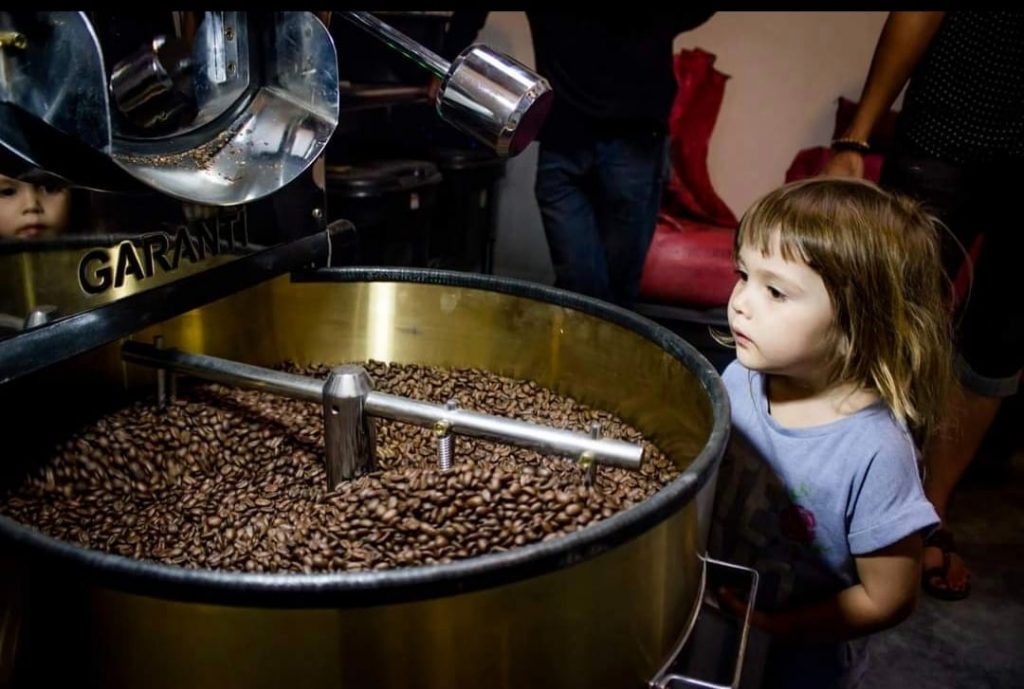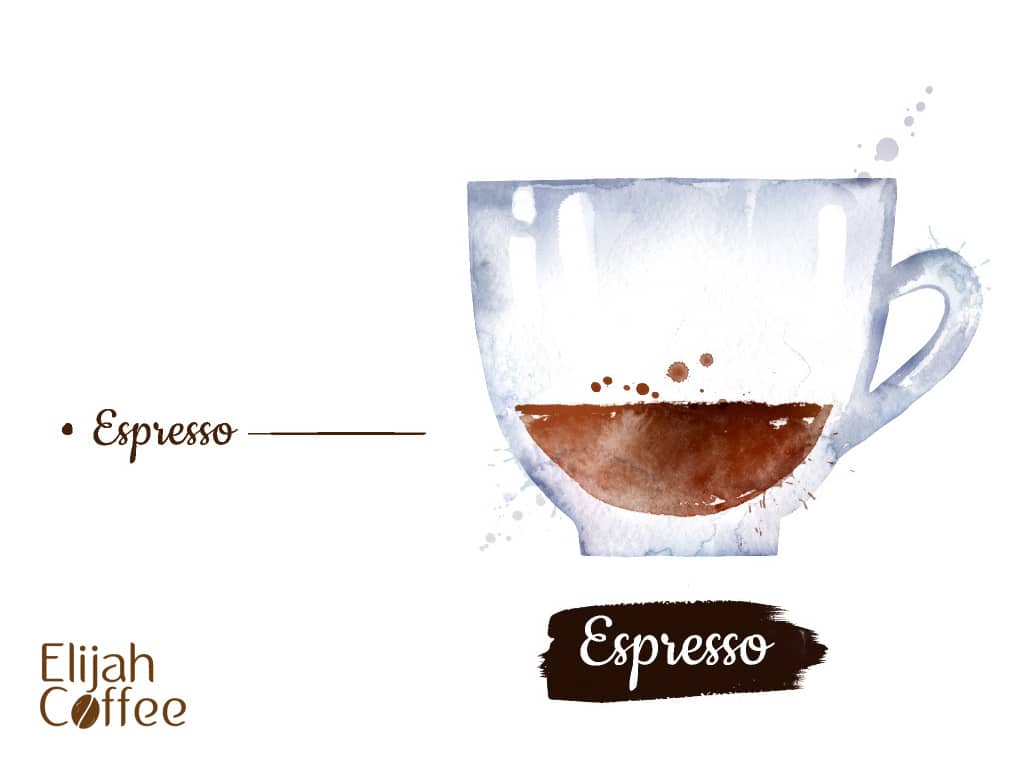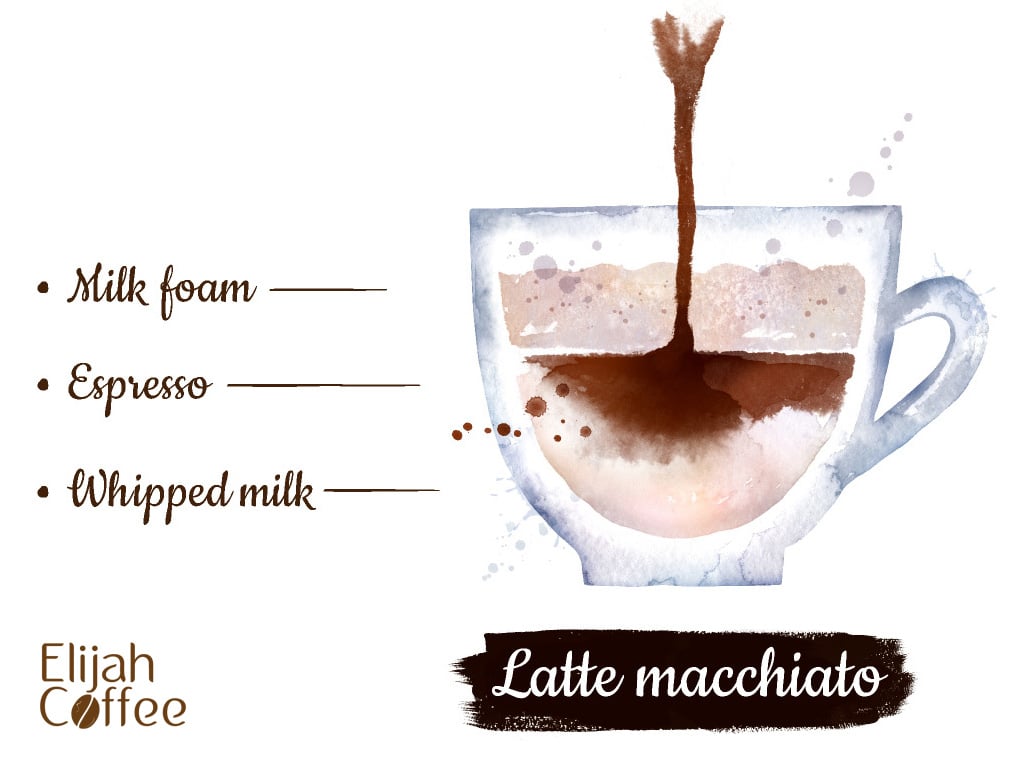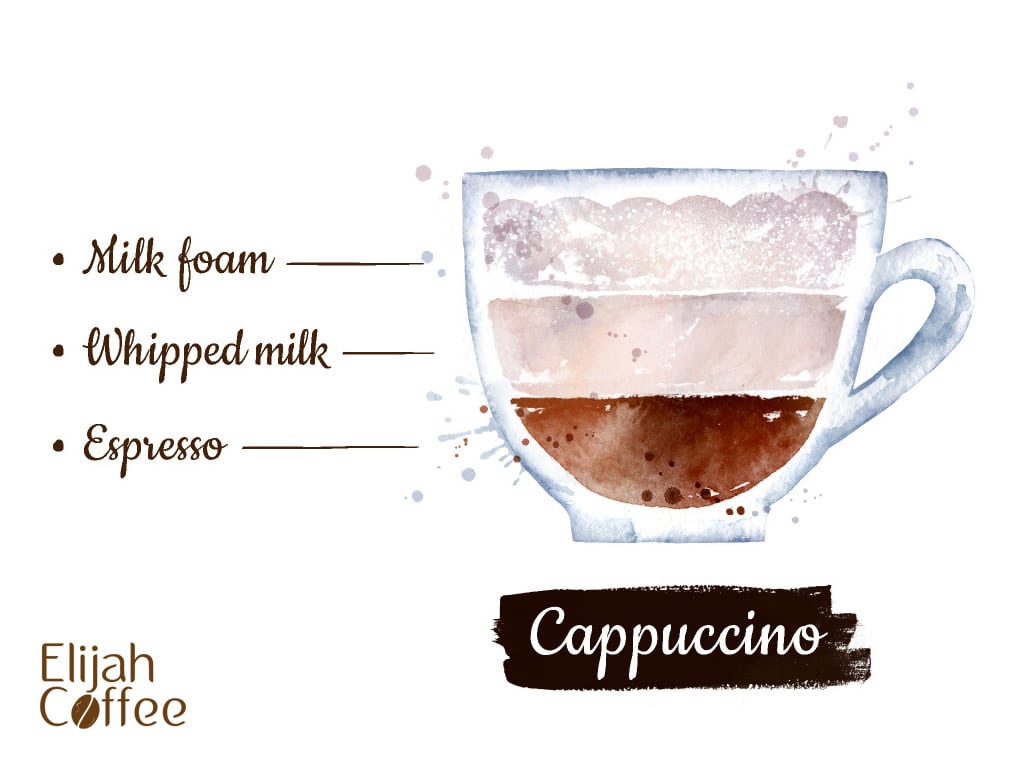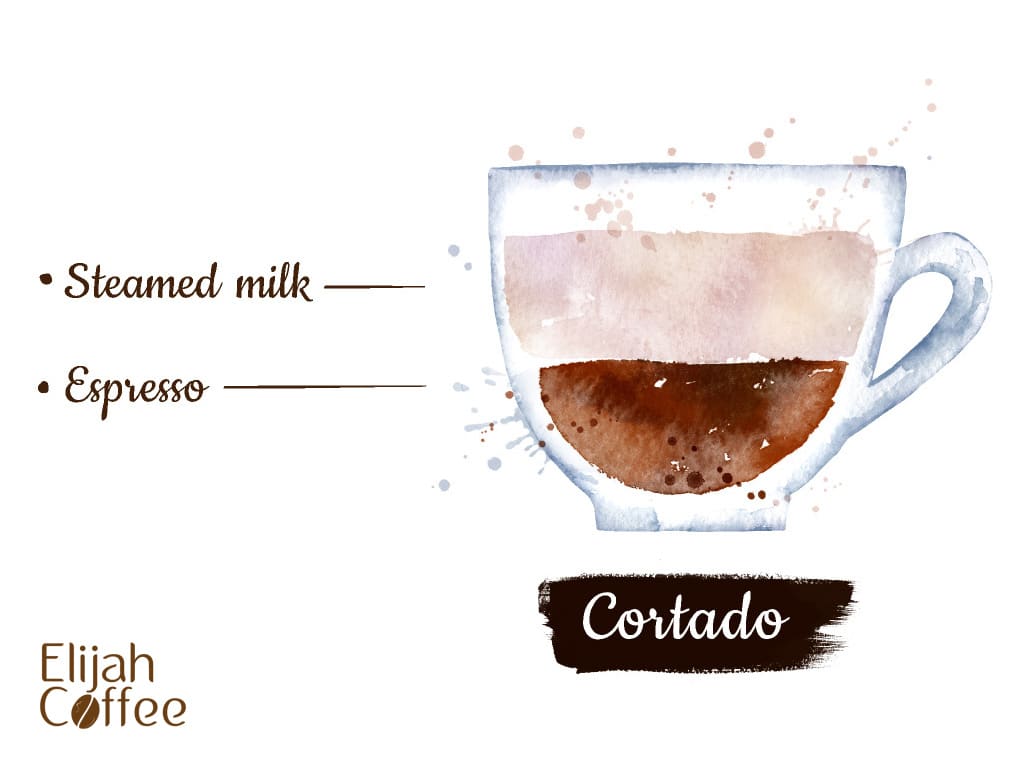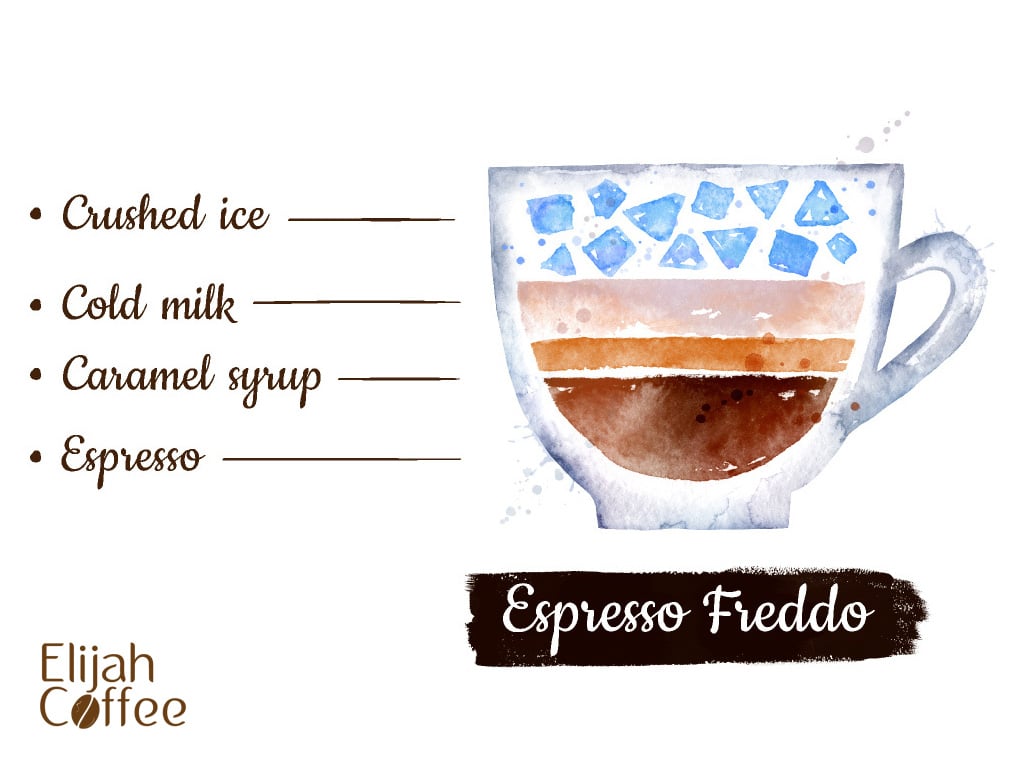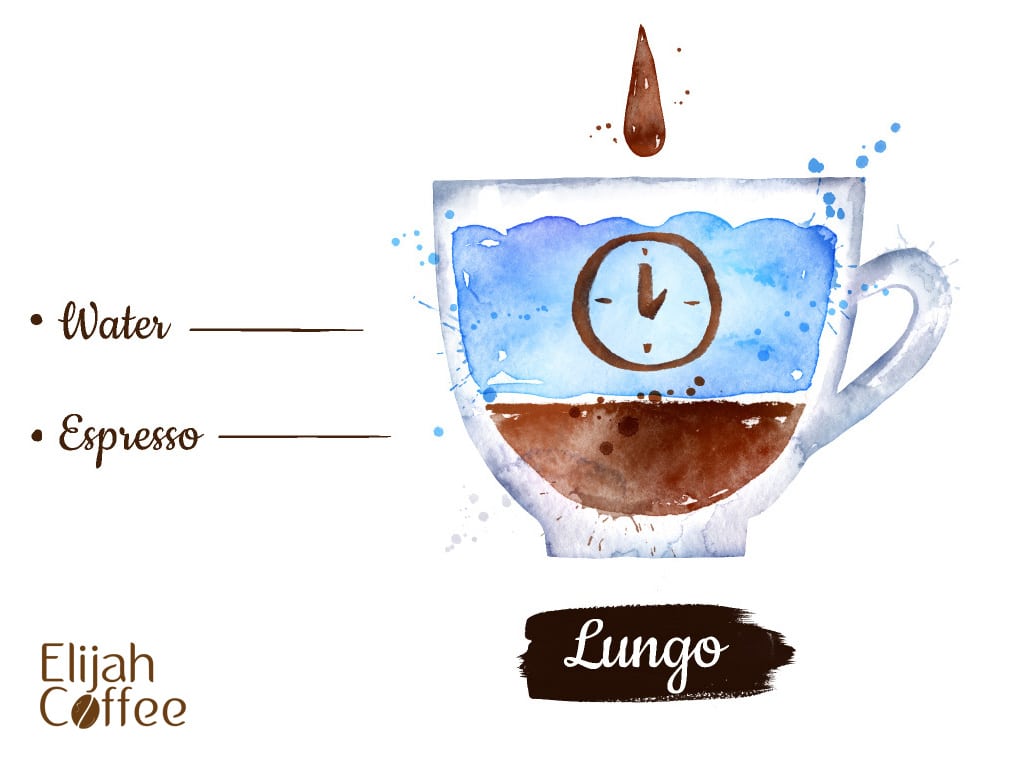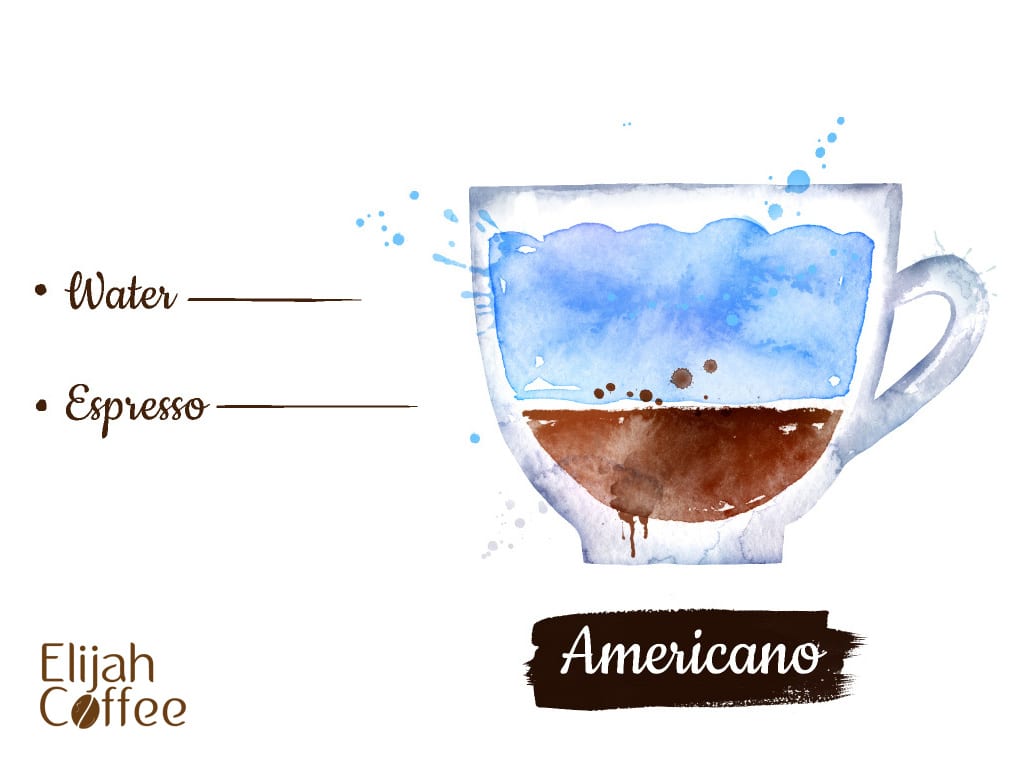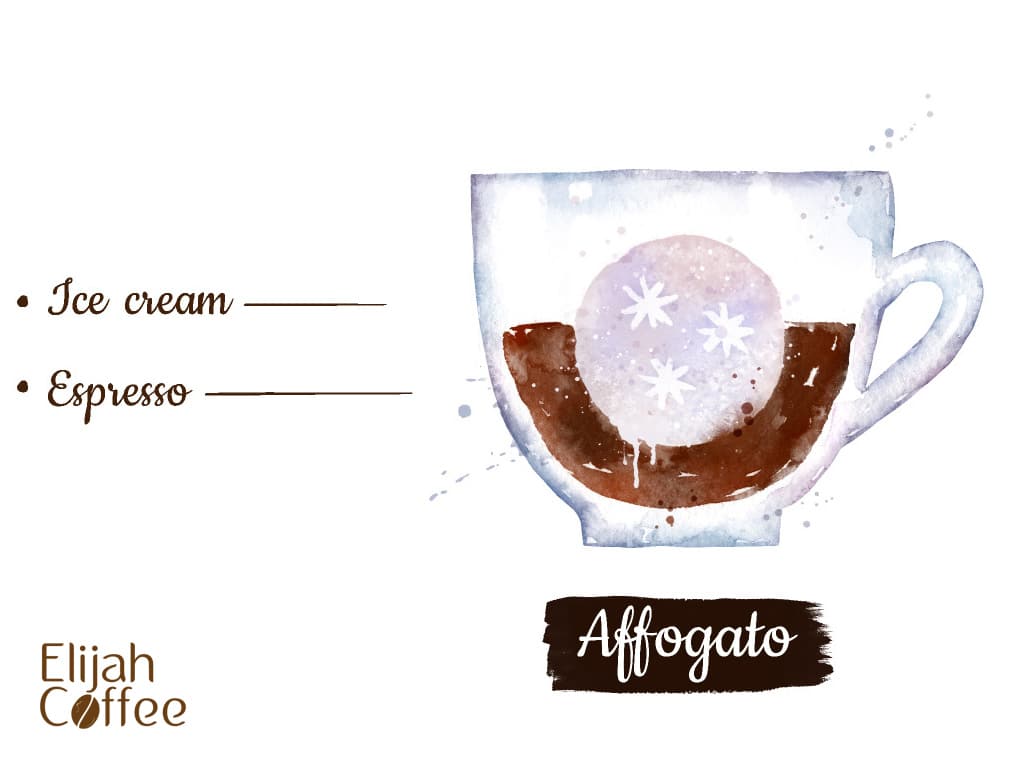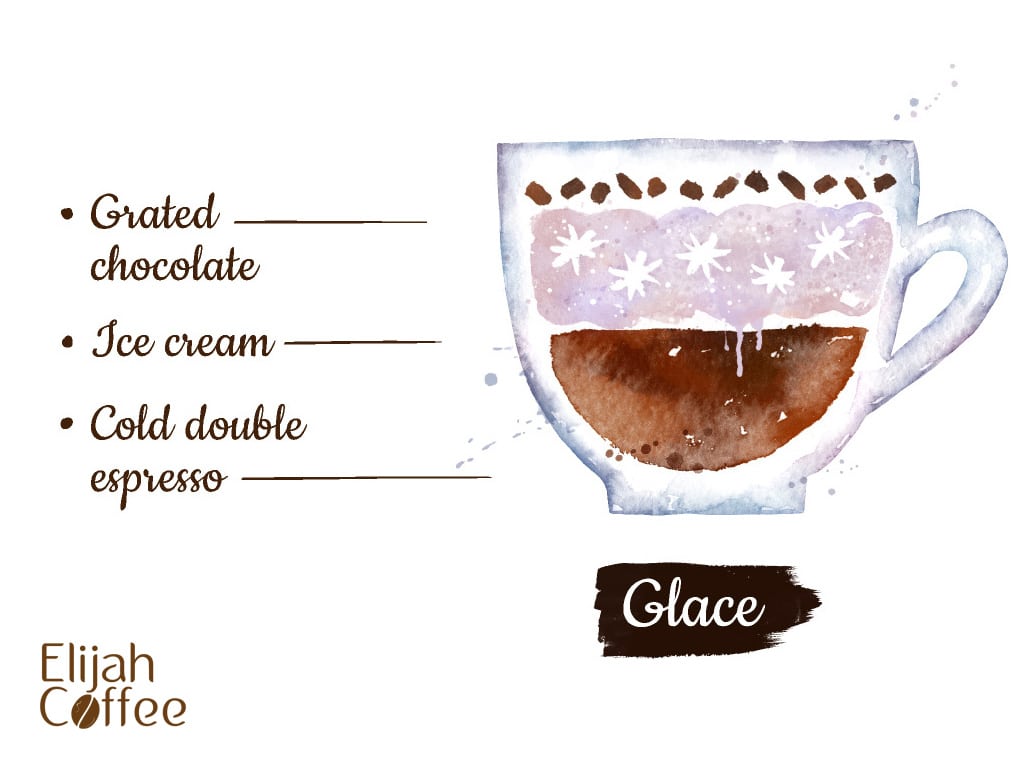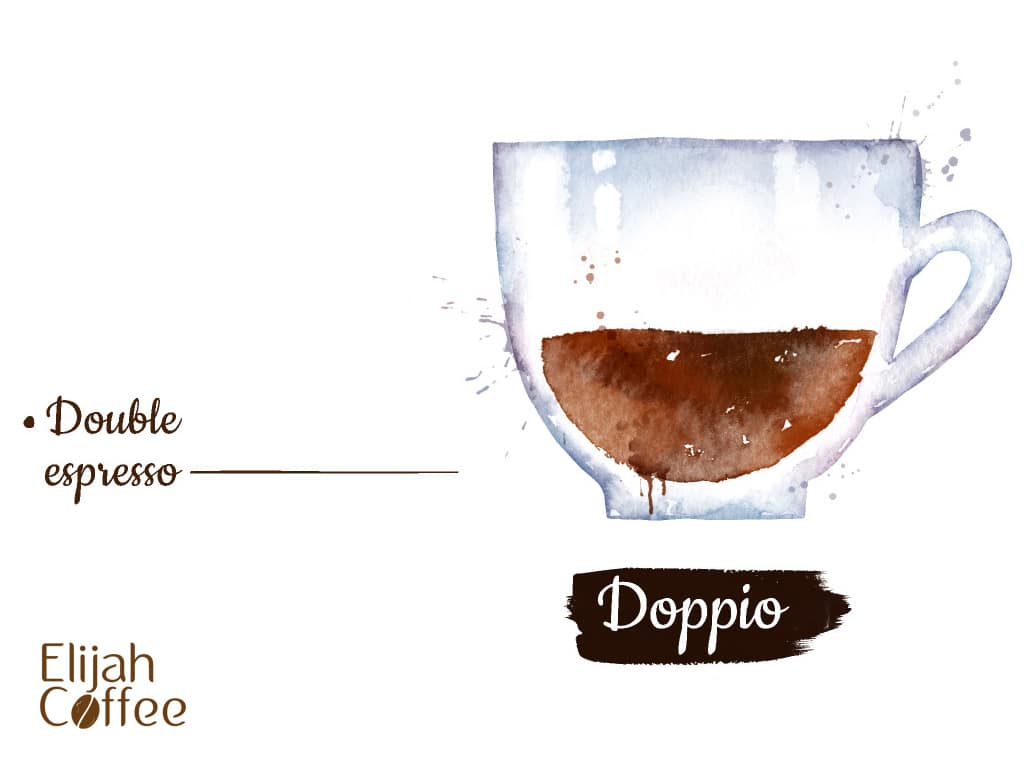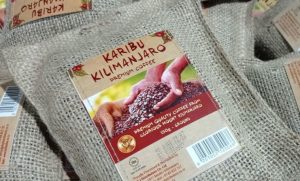Lake Atitlan is in the eyes of many, one of the most beautiful places in the world. For the indigenous people, it also holds great spiritual importance.
This volcanic crater lake with deep blue and green waters, is surrounded by the “three giants”- three volcanic mountains, dense forests and fertile volcanic soil. At 1500-1700 meters high, these hills are perfect for growing Arabica coffee.

Osnat never imagined herself making a home by lake Atitlan of all places. After travelling the states she arrived by chance (if there is ever one) to the village of San Marcos on the hills above the lake, a center for a substantial expat community, where she met Tim. As love blossomed, they began to plan their life together, looking for ways to make a living.
Tim noticed the many local coffee farms on the mountains and hills around the lake. These are “micro lots”, small family farms run by the indigenous people of the land. Coffee traders would buy the coffee cherries straight after the harvest from the farmers for low prices, and transport them to factories outside the region where the cherries are processed and sold.
Unfortunately the big profits generated from the coffee industry worldwide start further along the way, leaving the farmers with very little. They seldom profit from our love for that wonderful cup of coffee.
Win win all around
Osnat and Tim had a vision for the coffee to remain within the region, and for the farmers to receive a fair price for their harvest. San Marcos being home to an expat international community, they knew they had plenty of distributing options within their immediate surroundings.
Tim found a handmade roasting machine for sale, and the rustic family roastery took off, with him learning the art of processing and roasting coffee- in motion.

Having fair trade in mind, the couple encouraged the farmers to get training so they can optimize their yield, at the same time also making sure they will be getting the best possible red coffee cherries for their roastery.
AnaCafe
In Guatemala AnaCafe– the national coffee association- give out free year long training courses to local coffee farmers.
They train farmers to optimize their yield while preserving the environment, using biodynamic farming techniques.
The course starts with a minimum of 20 farmers. The couple simply organized the groups, creating a better future for the region. They pay 25-30% more than the industrial coffee traders, securing higher revenue for the farmers, and also ensuring future harvests of high quality red coffee cherries for the roastery.
Win-win all around. And all it seems to take is a good heart and a willingness to think about everybody involved, instead of only focusing on profit.
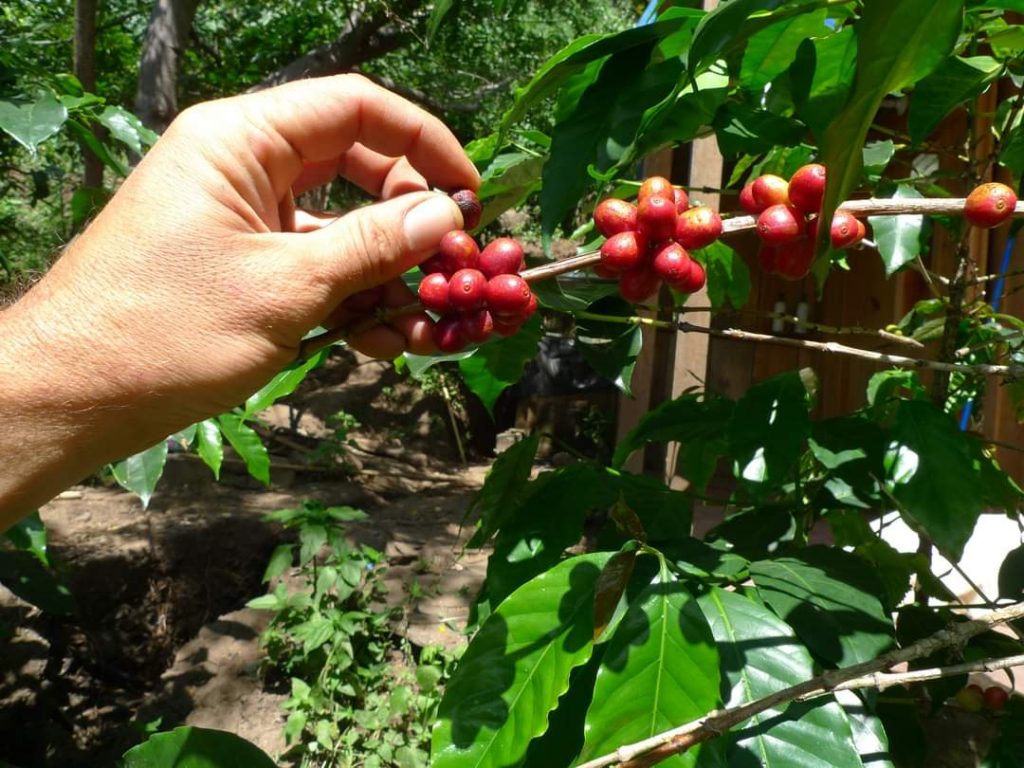
Collaborating with Ixil women
Osnat and Tim are especially proud of their collaboration with the Ixil women farmers cooperative supported by Barefoot College.
Shangri-la Atitlan are the cooperative’s official distributors in Guatemala. The Ixil are Mayan people indigenous to Guatemala, and paying the women fairly allows them to thrive and also keeps safe the indigenous space in our changing world.
The usual market pay does not allow the farmers to preserve their ancestral knowledge of organic farming. The collaboration includes visits to the roastery to understand better the coffee journey from their farms to the consumer’s sweet smelling cup of coffee.
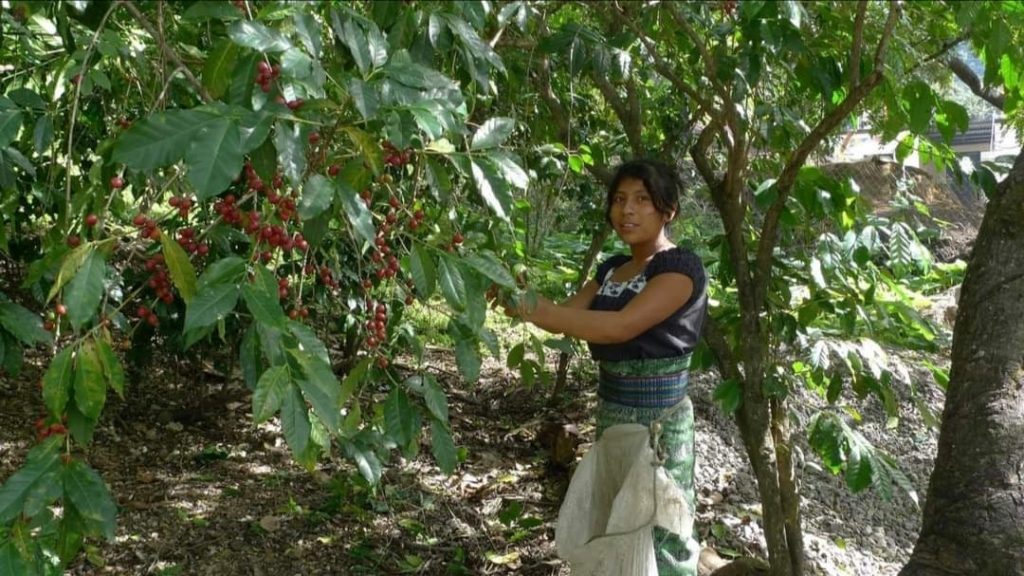
The coffee belt
Being able to process the coffee straight from the harvest of the red coffee cherries, up to roasting the dried green beans is a privilege of living along the “Coffee Belt”, the regions closest to the equator around the world. Coffee thrives in these regions. Anywhere else in the world, roasters can only get the dried green coffee beans, usually mixed from different farms and areas.
Arabica coffee, the most popular coffee in the world, is best grown under existing local fruit trees, providing shade, in these high altitudes.

The art of roasting
Since they started their family business in 2013, it has grown and flourished, as did the family. They now have two sweet children. The roastery was upgraded with a new roasting machine, and Tim reached the artisan position of a “master roaster”, producing four different grades of roasted coffee beans. Light, medium, medium dark, and dark. Each grade offers a world of rich flavors.

Coffee tours with Osnat & Tim
Shangri-la Atitlan distributes their artisan coffee around Guatemala- wholesale and for home consumers. If you wish to taste their coffee you might want to make one more dream come true and visit the beautiful lake Atitlan.
The roastery offers coffee tours and roasting workshops. Around harvest you will be able to experience picking the red coffee cherries right off the branch.

Shangri-la is the legendary heaven-like realm in the far east mythology. I have a feeling that living and making coffee by lake Atitlan comes pretty close…


Author:
Ella Harari– the Wandering Goddess.
If you liked this story, checkout my Wandering Goddess blog !
I’m wandering around East Africa in search of tribal traditions and African wisdom. See you there
